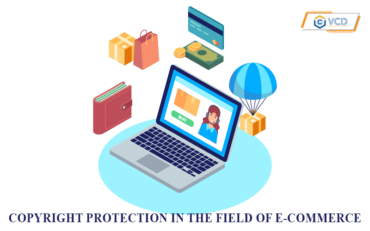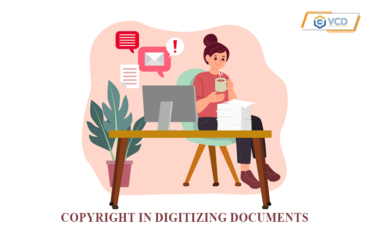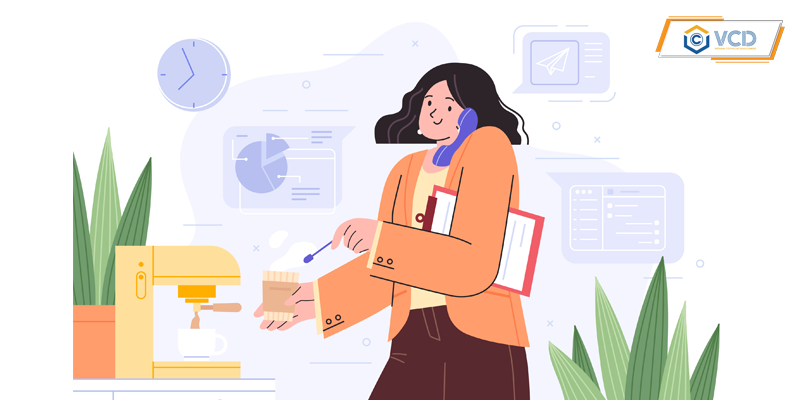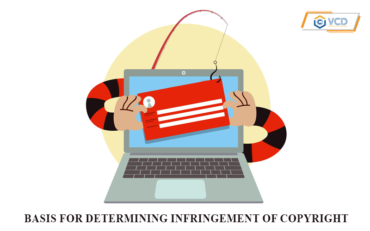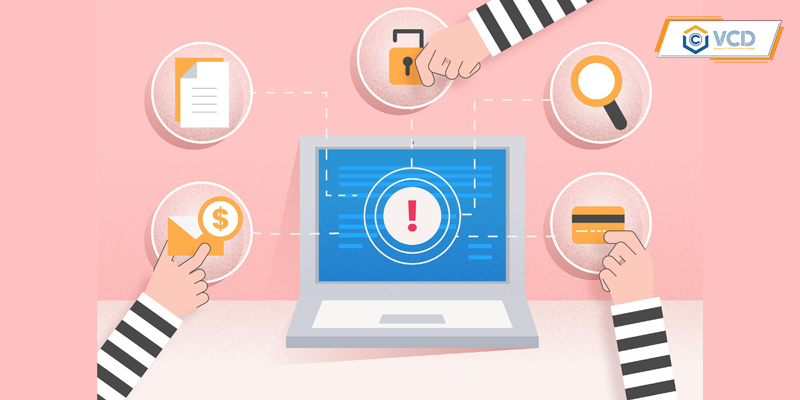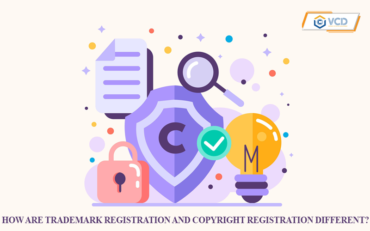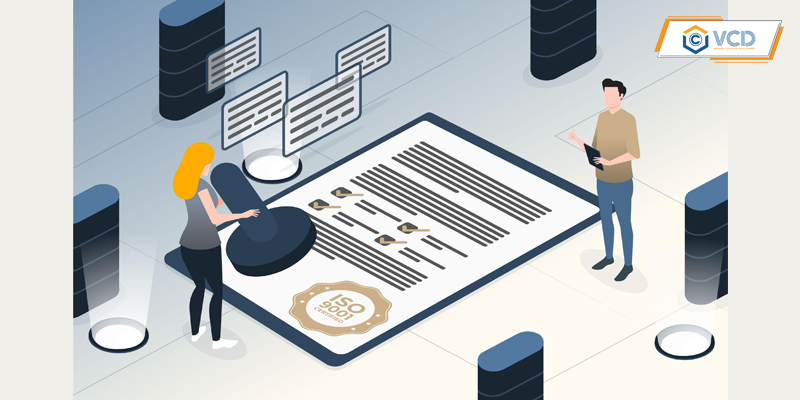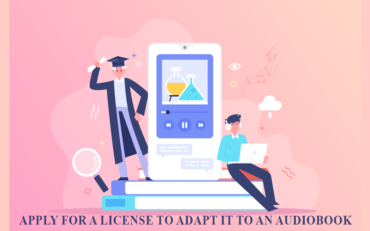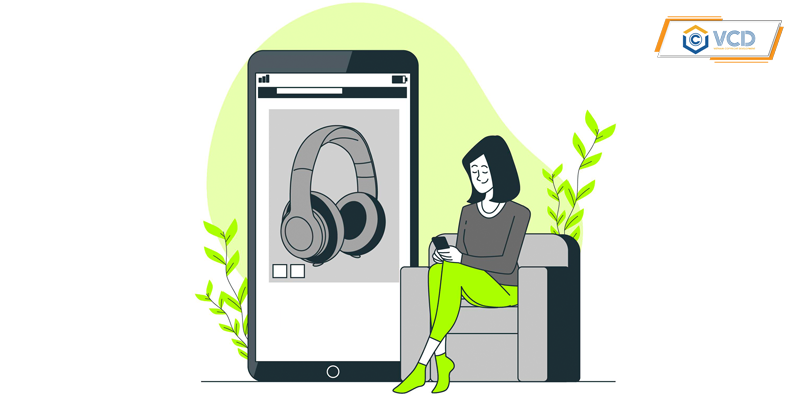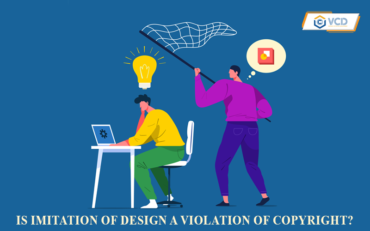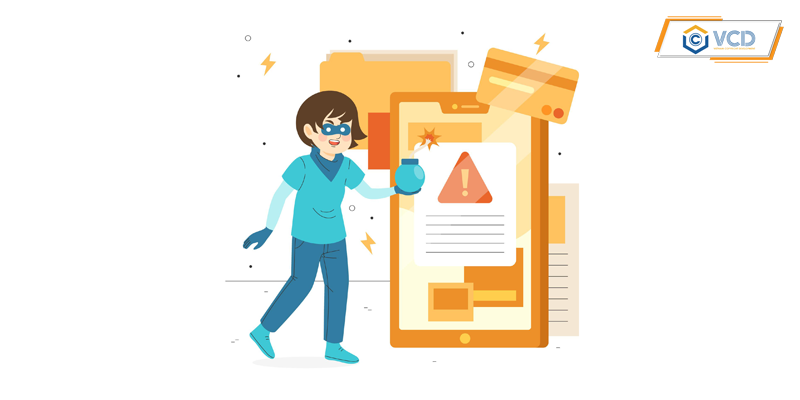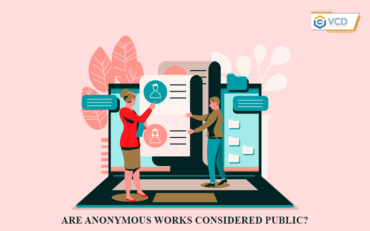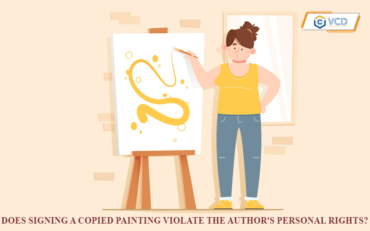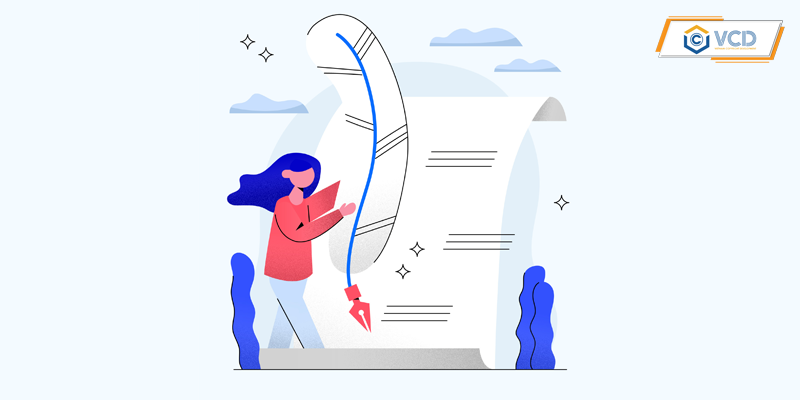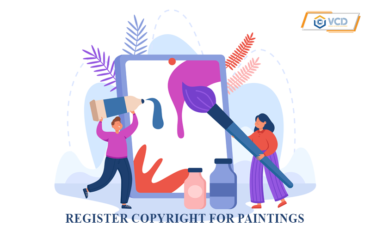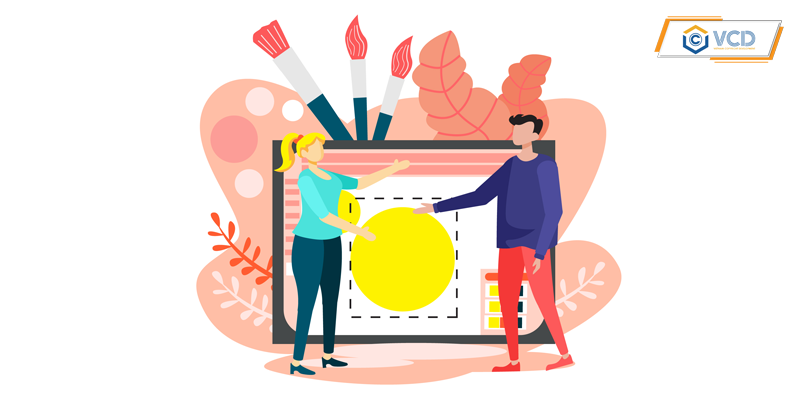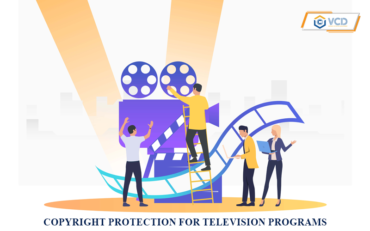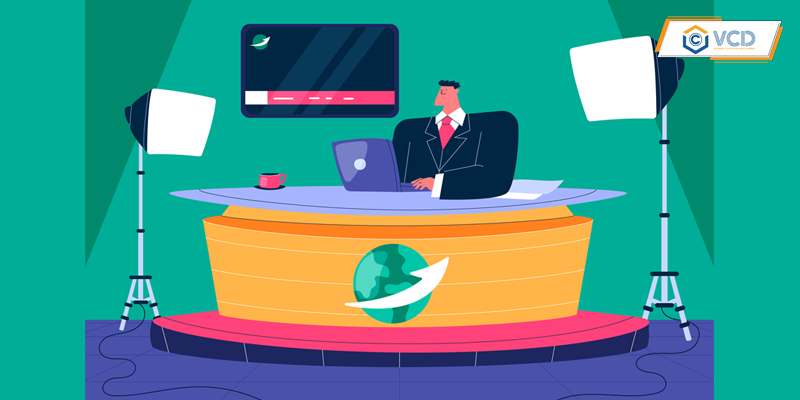Copyright protection in the field of e-commerce
In the era of e-commerce, copyright protection is more urgent than ever. The rapid development of digital content makes copying and sharing easy, while posing many challenges for authors and businesses. So how to protect copyright in the field of e-commerce?. Follow the article of VCD below.
1. Overview of e-commerce
E-commerce in a broad sense is all commercial transactions conducted by electronic means. Specifically, it refers to activities facilitated by communication networks, computer networks and the Internet.
Vietnamese law stipulates in Clause 1, Article 3 of Decree 52/2013/ND-CP, amended and supplemented by Decree 85/2021/ND-CP, as follows: E-commerce activities are the conduct of part or all of the process of commercial activities by electronic means connected to the Internet, mobile telecommunications networks or other open networks.
Characteristics of e-commerce:
- E-commerce uses electronic methods to conduct commercial transactions: the use of electronic methods allows parties to carry out activities of buying, selling, transferring, exchanging information about products, goods, services, etc.
- E-commerce is cross-border: electronic means create a space with a global network that clearly demonstrates the ability to erase the barriers of territorial borders and geographical distances that have always existed in traditional commerce.
- E-commerce is interdisciplinary and multi-disciplinary: the process in e-commerce is standardized, not only existing in buying and selling activities, providing services but also combining intermediary services, activities occurring simultaneously and supporting each other.
- E-commerce has diversified the participating subjects and the objects of transactions: in addition to traditional commercial subjects, e-commerce requires the participation of third parties as intermediaries such as internet service providers, logistics services, etc.
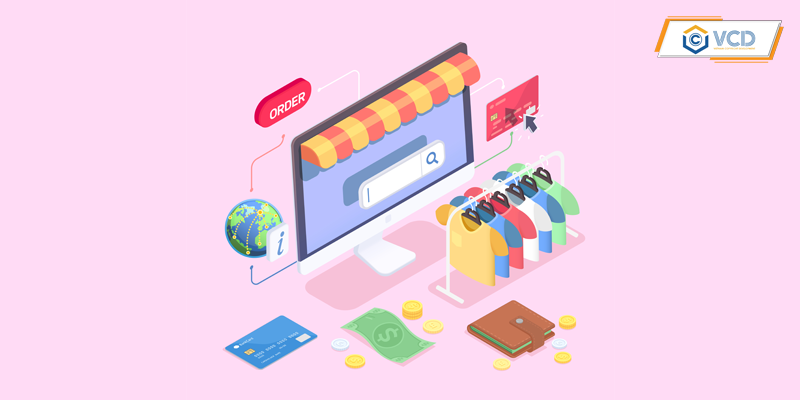
2. Regulations on determining copyright infringement in the field of e-commerce
Article 28 of the current Intellectual Property Law divides copyright infringement into 4 main groups:
- Group 1: Acts infringing on personal rights.
- Group 2: Acts infringing on property rights.
- Group 3: Acts infringing on technical measures.
- Group 4: infringement acts related to the digital environment: intentionally distributing, displaying or communicating works to the public through communication networks and unauthorized digital means. Legal responsibility of intermediary service providers (ISPs) when failing to implement or not fully implementing the provisions to be exempted from legal liability as prescribed in Article 198b of the Law on Intellectual Property.
When an act of copyright infringement occurs on the environment of an e-commerce website platform, intermediary service providers will be legally responsible for the acts created by their users, except in cases of exemption under Clause 3, Article 198b of the Law on Intellectual Property. Intermediary service providers are obliged to deploy technical measures and coordinate with competent state agencies to enforce measures to protect copyright in the e-commerce environment.
In addition, Decree 17/2023/ND-CP also stipulates a separate section 7 of Chapter VI on enterprises providing intermediary services. Accordingly, these enterprises with the function of “storing digital information content upon request” will have to remove or prevent access to digital information content upon request of competent state agencies under Article 113 or requests of copyright and related rights holders under Article 114.
3. Measures to protect copyright in e-commerce
Self-protection measures: This is a measure that is encouraged and prioritized to be applied to proactively protect copyright from the rights holder, minimizing disputes. In addition to exercising this right themselves, copyright holders can authorize other organizations and individuals to apply measures to protect rights.
Civil measures: measures to protect copyright applied by the Court against the subject of infringement at the request of the right holder as prescribed in Article 202 of the Law on Intellectual Property. Compensation for damages is the most important sanction and the main purpose of the owner when using civil measures as prescribed in Article 205 of the Law on Intellectual Property. The statute of limitations for filing a lawsuit for copyright infringement with a request for compensation for damages is 3 years (Article 588) from the date the recipient of the request knows or should know that his/her legitimate rights and interests have been infringed; this statute of limitations does not apply to requests for protection of personal rights.
Administrative measures: applied by competent authorities to acts of infringement of rights to works, including administrative sanctions and measures remedy the consequences and handle infringing goods. Depending on the nature and severity of the violation, the maximum fine for individuals is 250 million VND and for organizations is 500 million VND (according to the provisions of Article 2 of Decree 131/2013/ND-CP).
Criminal measures: criminal measures are applied to acts of copyright infringement at a dangerous level with signs of constituting a crime committed by individuals or commercial legal entities as prescribed in Article 212 of the Law on Intellectual Property. Depending on the nature and severity of the violation, individuals can be fined up to 1 billion VND or imprisoned for up to 3 years. As for commercial legal entities committing crimes, they can be fined up to 3 billion VND or suspended for a period of up to 2 years. In addition, they must also be subject to other additional penalties.
Above is the article “Copyright protection in the field of e-commerce” that VCD sends to you. We hope you find this article useful.
Sincerely,

